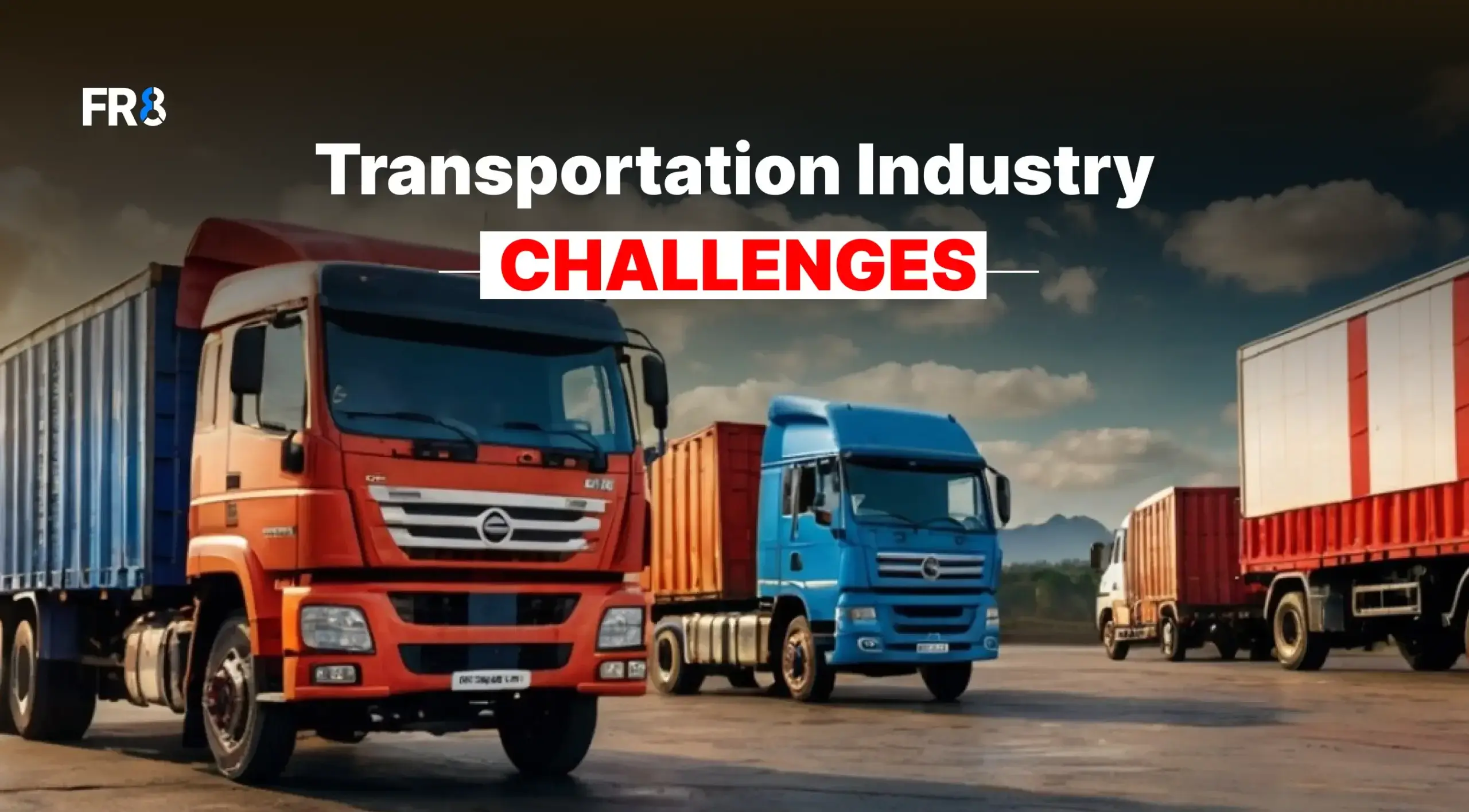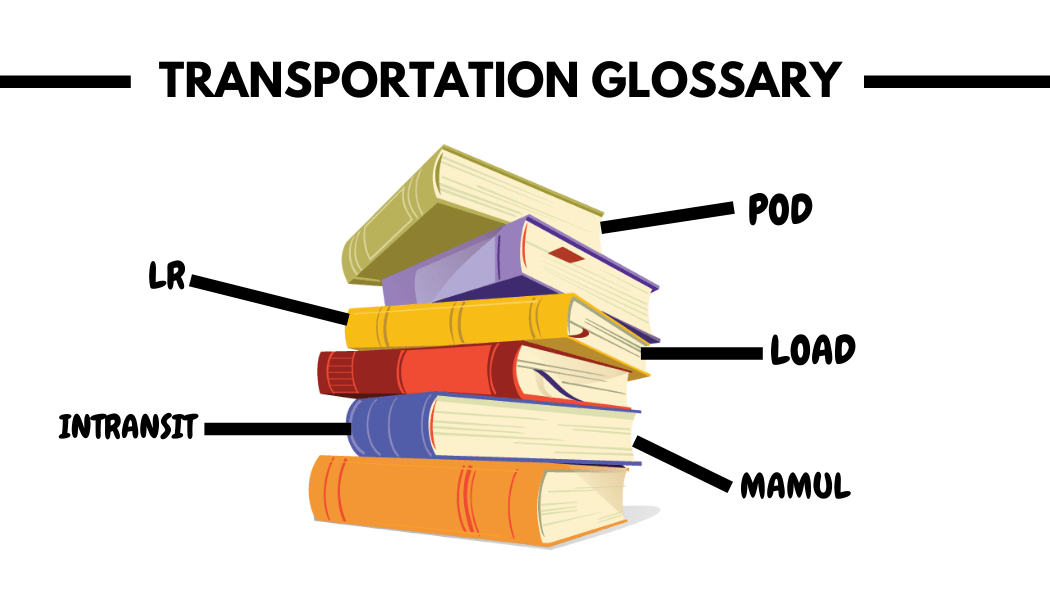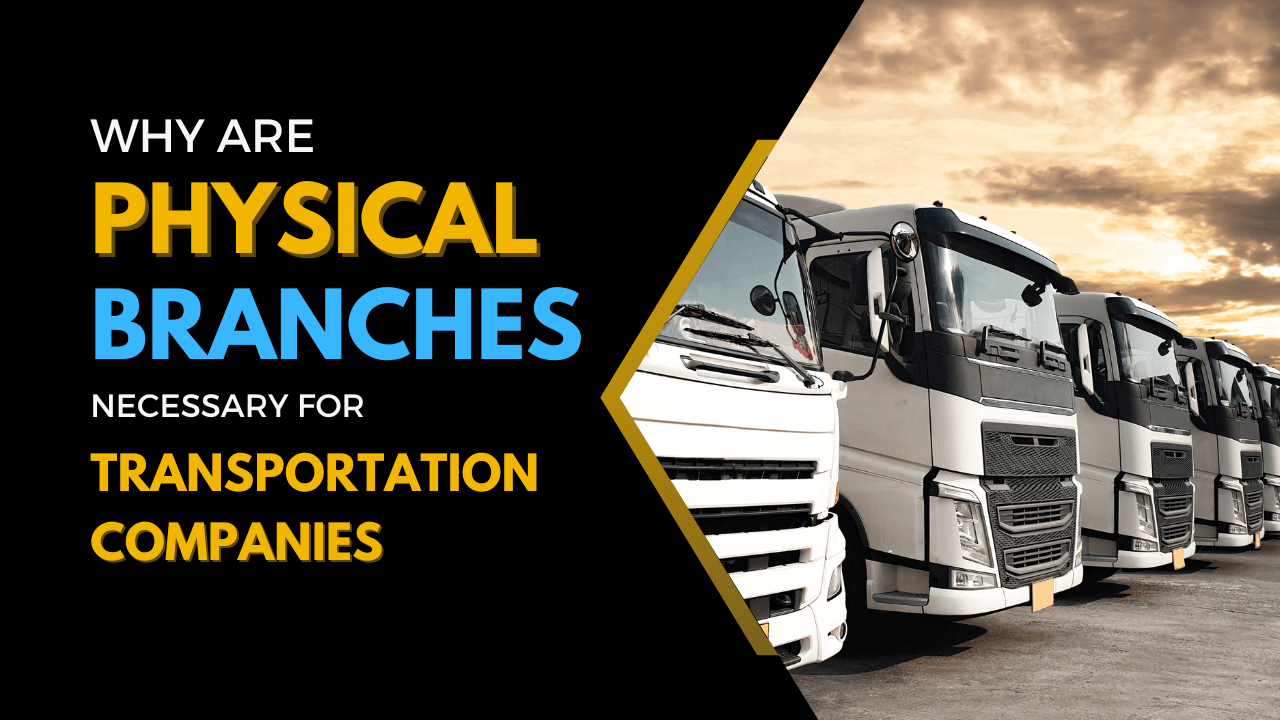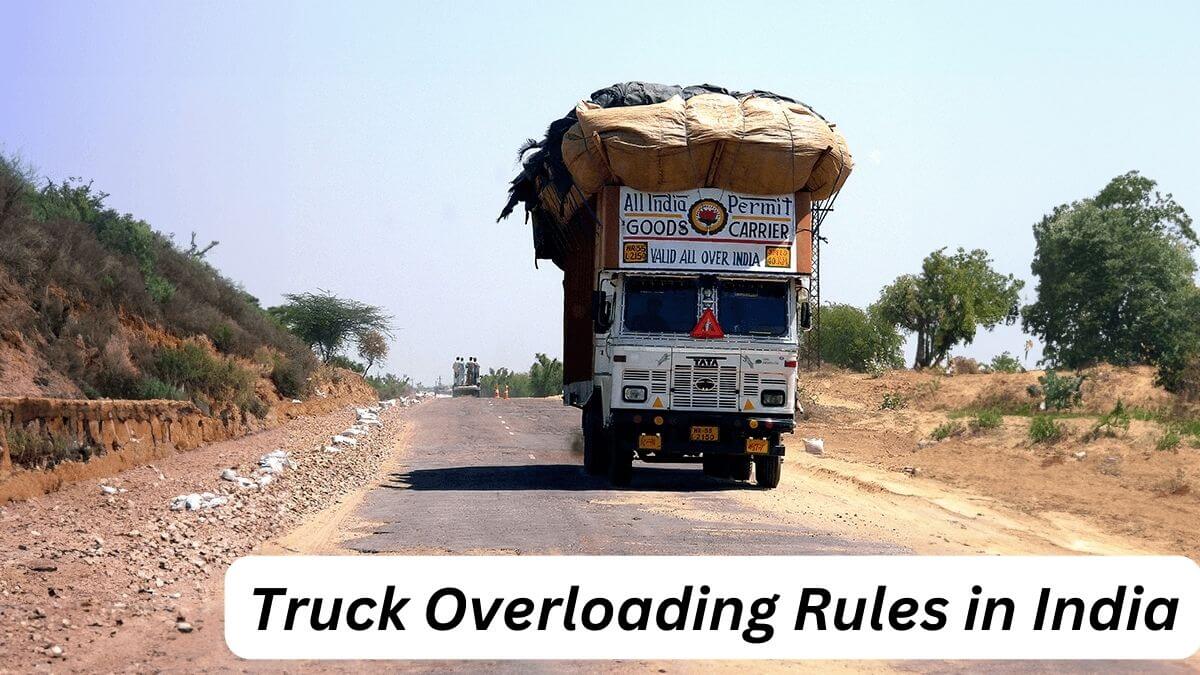
Even though 65% of goods are transported through trucks, shippers often face numerous challenges in the Indian transportation industry that can disrupt their operations. These challenges include issues such as cargo theft, truck accidents, truck scams, truck availability and so on. Understanding these obstacles and identifying possible solutions is crucial for shippers in order to optimize their logistics processes. Below, we explore some common challenges along with strategies to overcome them.
Table of Contents
I. Cargo Theft in the Indian Transportation Industry
Cargo theft remains a significant challenge in India’s transportation sector, causing severe financial losses on shippers. Theft frequently occurs in open trucks as it’s very convenient. A recent incident on the Dewas-Shajapur route of the Agra-Mumbai highway showed a daring theft from an open truck. In a video that went viral, two men on a motorcycle climbed onto a moving truck, cut through the tarpaulin, and extracted boxes of goods before speeding away.
Theft risks aren’t limited to open trucks. Even container trucks are also prone to thefts, like in a case where a truck transporting approximately 1,500 iPhones worth ₹11 crore was robbed while en route from Gurugram to Chennai. The driver was reportedly drugged, and delays from local authorities hindered the initial investigation, complicating the recovery process. Another incident happened on a truck transporting from Bhopal to Mumbai where 3.5 lakhs worth of electronics goods were stolen. Whatever the situation may be, at the end of the day it is your goods that are being stolen.
Possible Solutions:
- Plan Daytime Shipments: Schedule shipments mostly during the daytime to reduce the risk of theft, especially in high-risk areas like:
- Karnataka-Maharashtra Borders: Solapur, Hubli, Nasik, Amravati.
- Northern States: Madhya Pradesh, Uttar Pradesh, Chhattisgarh.
- Eastern Regions: West Bengal, Bihar, Assam.
2. Insure High-Value Goods: Insuring high-value goods is essential, particularly for electronics, luxury items, or pharmaceuticals. Insurance coverage offsets the financial loss due to theft and protects your business from heavy losses.
3. Partner with Reliable Logistics Providers: Work only with reputable logistics providers like FR8 as they professionally handle theft incidents and mitigate risks. Providers using advanced telematics, real-time tracking, and secure loading practices are particularly effective in reducing theft incidents.
II. Truck Accidents in the Indian Transportation Industry
Road accidents are very common in India, to an extent that more than 450 people lose their lives each day, and trucks being the second most involved vehicles. In some cases, such as a recent tragic accident on the Mirzapur-Varanasi border, 10 people were killed, and several others injured after a truck collided with a tractor-trolley carrying laborers. When such tragic accidents happen, goods being transported are heavily impacted or destroyed, leading to delays, financial losses, and damages.
Another recent incident on the Mumbai-Pune Expressway involved a private bus colliding with a container truck, leaving 23 people injured and goods being totally damaged.
Possible Solutions:
- Schedule Regular Maintenance: If you have your own trucks, schedule regular maintenance which helps in reducing breakdowns and accidents. If you hire trucks from the market, always make sure that the trucks and drivers are well maintained and trained.
- Avoid Overloading: Overloading is a leading cause of accidents, as it impacts a truck’s balance and braking capabilities. As a shipper, ensure that the loads comply with weight limits, especially on longer routes.
- Plan for Transshipment: Always have a backup plan in case of such truck accidents. FR8’s dedicated field team will immediately arrange for transshipment to ensure your goods are delivered on time.
III. Truck Scam in the Indian Transportation Industry
With risks like fake brokers, double charges, and undelivered goods, truck scam is a big issue. One prevalent scam is the “dummy broker” tactic: brokers operate under a fake company name, collecting advance payments or loading trucks – only to disappear with either the money or the cargo.
Possible Solutions:
- Verify Truck and Driver Credentials: Scammers often use fake truck numbers, documents, or driver IDs. Shippers can mitigate this risk by verifying documents such as the truck registration, driver’s license, and PUCC certificates.
- Go for online platforms: Just like online shopping, online truck booking is very common. You can book trucks within seconds and avoid being scammed as everything is transparent.
- Create an Agreement: If you are working with a specified transporter or broker, drafting a written agreement with necessary terms and conditions could be a great choice. This can provide a legal framework and protect against scams.
IV. Truck Availability in the Indian Transportation Industry
Truck availability can be a significant issue for shippers across various industries. For instance, in the agriculture industry, during the peak harvest season from September to November, there is a marked increase in demand for trucks, especially on routes from Punjab to Delhi. This often leads to shortages, impacting the timely delivery of perishable goods. Similarly, the textile industry faces challenges during the festival season in October and November when the demand for transporting garments skyrockets along routes from Surat to Mumbai and Ahmedabad.
Possible Solutions:
- Advance Planning: Forecast your needs well in advance, especially during peak seasons, to secure truck bookings early.
- Building Relationships with Providers: Establishing partnerships with reliable logistics companies can ensure better access to truck availability even during high-demand periods.
- Flexibility in Routes: Exploring alternative routes or local carriers can also help mitigate availability issues during peak times.
Conclusion
Addressing the challenges within the Indian transportation industry requires a collaborative approach between shippers, logistics providers, and regulatory authorities. But as the saying goes, “the wise man changes himself”, by implementing measures such as verifying truck and driver credentials, managing overloading practices, and ensuring proper documentation, you can significantly help overcome these challenges.

Yoga Laxmi
Sometimes English is just silly. That's what got me hooked on writing in the first place. Why on earth can't "grateful" be spelled "greatful"? Here's the thing, I love untangling the knots of language just as much as I love untangling the complexities of logistics. In my blog posts, I'll do both! No "greatful" mistakes here, just good info and a smooth journey through the world of shipping.










